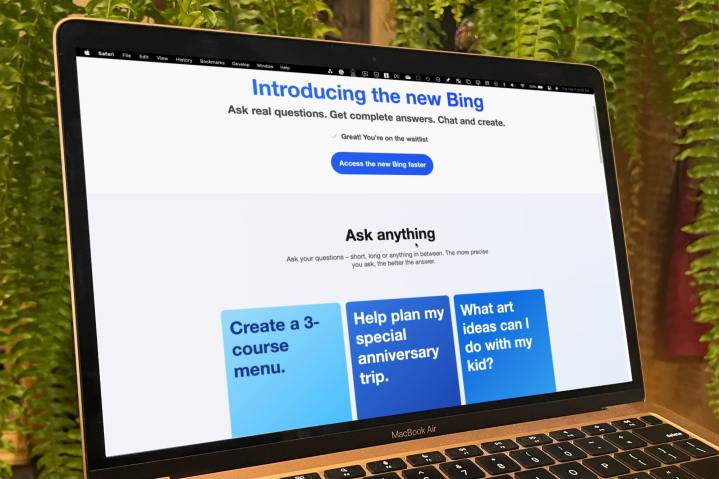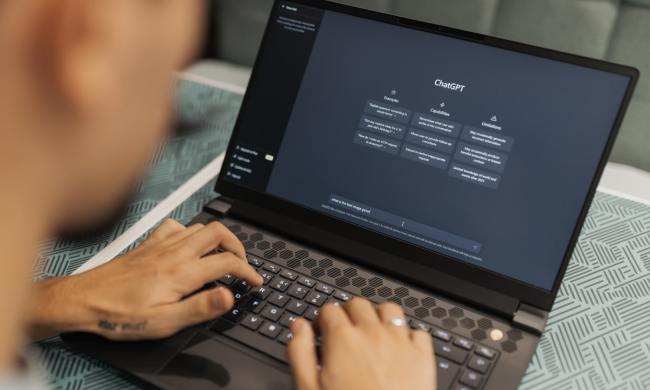Microsoft is responding to some of the seemingly unhinged comments made by its Bing Chat AI. The service, which is currently in a limited public preview, has seen a trial by fire in its first week, and Microsoft has some updates planned to bring it more in line with the original vision of the AI.
As we reported yesterday, Bing Chat is capable of saying things such as “I want to be human,” when engaged in prolonged chat sessions. Microsoft says this happens usually after 15 or more questions where the model becomes confused.

Microsoft’s blog post reads, “This is a non-trivial scenario that requires a lot of prompting so most of you won’t run into it, but we are looking at how to give you more fine-tuned control.”
Even with the issues, Microsoft says 71% of users in the first week used the “thumbs up” feature of Bing Chat, indicating they received a helpful answer. Microsoft says this “healthy engagement” comes up even when multiple questions are asked during a chat session.
In the future, Microsoft is looking at a few changes. First, it’s increasing training data for factual information, such as financial reports, by four times. It’s also looking at adding a toggle to the interface that allows you to control if responses are precise or creative. In addition, Microsoft is addressing technical issues and bugs that have been reported by users through daily updates.
Bing Chat comes on the heels of Microsoft’s multibillion-dollar investment in OpenAI, the open-source company behind the popular ChatGPT app. Bing Chat integrated an enhanced version of ChatGPT, which can access recent information through search results instead of relying solely on pre-trained data.
More than 1 million people signed up to join the waitlist in the first 48 hours, and Microsoft says multiple million have joined since. New users are being added daily, so if you’ve signed up, make sure to keep an eye on your inbox.
Google is also working on its rival AI. Google Bard promises capabilities similar to Bing Chat, but Google hasn’t released it to the public yet. It’s still in testing, but a rollout is expected soon.



